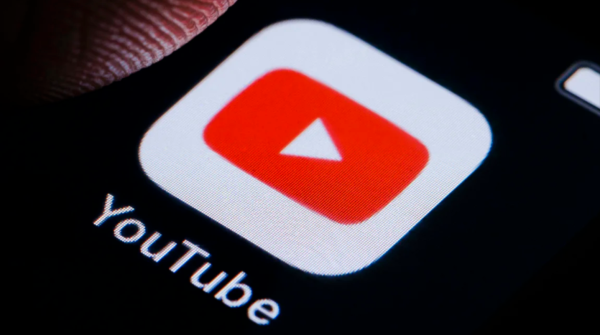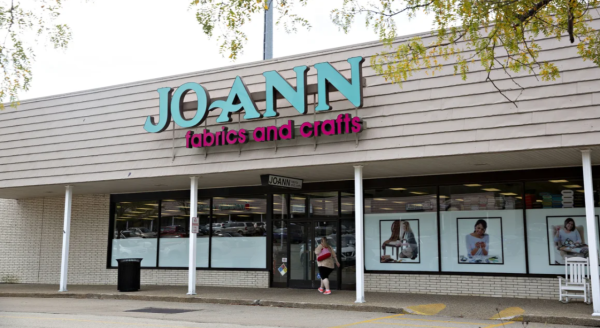Zuckerberg highlights chatbots, live video at annual conference
April 12, 2016
Shopping for shoes will become as easy as sending a text on Facebook Messenger. Experiencing virtual reality might feel as simple as putting on a pair of glasses. And accessing the Web will become easier to do in some of the poorest countries.
Facebook executives on Tuesday highlighted the tech firm’s ambitious plans for the next decade, unveiling new features coming to its messaging app, live video and other products at its two-day annual developer conference.
That included supporting chatbots in its messaging app to help businesses converse directly with their customers through texts. The company also said that it would start allowing developers to build the ability to stream live video from any device, such as a drone.
“We actually give more people a voice. Instead of building walls, we can help people build bridges,” said Facebook CEO Mark Zuckerberg in his keynote speech.
He said that Facebook’s 10-year road map focuses on the tech firm’s goal to “Give everyone the power to share anything with anyone.”
Founded in 2004 in a Harvard dorm room, Facebook has evolved beyond a social network where people catch up with their friends. It’s built a solar-powered drone to beam Internet access to developing countries, purchased a virtual reality company that released a new headset this year, encouraged more people to post live video, harnessed the power of artificial intelligence and more.
The company has changed the way people communicate with one another and now it wants to do the same for businesses too.
“We think you should be able to message a business the same way that you message a friend,” Zuckerberg said.
Powered by artificial intelligence, chatbots are computer software programs that mimic human conversations. Instead of opening an app and searching for a product or calling a phone number, a smartphone user could text a question to a brand’s chatbot through a messaging app allowing them to get flowers delivered, shop for shoes or get weather updates.
As messaging apps become popular, businesses are turning to them as a way to reach out to their customers. About 36 percent of smartphone owners use messaging apps such as WhatsApp, Kik or iMessage, according to a 2015 report by the Pew Research Center.
During last year’s developer conference, Facebook teamed up with a select number of U.S. businesses such as online clothing retailer Everlane and e-commerce company Zulily so they could converse with their customers about products being shipped to their homes. Messenger, which has also been testing a new virtual assistant called M, has grown to more than 900 million monthly active users.
While chatbots aren’t new, they’re made their way into more messaging apps such as Tencent’s WeChat in China, and Slack and Kik. Last week, Kik launched an online store for chatbots that included Sephora, H&M, The Weather Channel, Vine and others.
But tech firms have also experienced some recent public blunders with chatbots. On March 23, Microsoft launched a chatbot called Tay on social media site Twitter but it was taken offline after it started tweeting racist and offensive remarks.
Facebook has also been making a stronger push into 360 degree video and live video, taking on Twitter’s Periscope.
“People love going live because it’s so unfiltered and personal. You feel like you’re just there hanging out with your friends,” Zuckerberg said.
More than 2,500 developers were expected to attend Facebook’s conference, which wraps up on Wednesday.




















